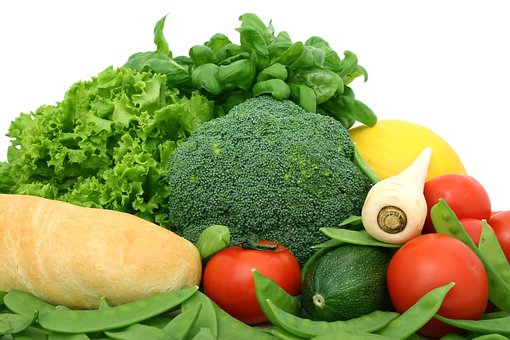Vegetables are an essential part of a healthy diet. They are low in calories, high in fiber, and packed with essential vitamins, minerals, and antioxidants. They also have a wide variety of health benefits, including reducing the risk of heart disease, cancer, and diabetes. In this article, we will explore the nutritional value of vegetables and the reasons why they are so good for you.
The nutritional value of vegetables varies depending on the specific type of vegetable. However, in general, vegetables are low in calories, high in fiber, and packed with essential vitamins and minerals. For example, leafy greens like spinach and kale are high in vitamins A and K, while root vegetables like carrots and beets are high in vitamin A and potassium. Cruciferous vegetables like broccoli and cauliflower are high in vitamin C, vitamin K, and folate.
In addition to vitamins and minerals, vegetables are also rich in antioxidants. These are compounds that help protect the body from damage caused by free radicals. Free radicals are unstable molecules that can damage cells and contribute to the development of chronic diseases like cancer and heart disease. Antioxidants neutralize free radicals, which can help protect the body from these diseases.
One of the most important benefits of vegetables is that they are high in fiber. Fiber is an essential nutrient that helps regulate digestion, lower cholesterol, and keep you feeling full. Eating a diet high in fiber can also help lower your risk of heart disease, stroke, and type 2 diabetes.
Vegetables are also high in phytochemicals, which are plant-based compounds that have been shown to have a wide variety of health benefits. For example, lycopene, which is found in tomatoes, has been shown to reduce the risk of prostate cancer. Sulforaphane, which is found in broccoli and cauliflower, has been shown to have anti-cancer properties. Carotenoids, which are found in carrots, sweet potatoes, and other orange and yellow vegetables, have been shown to have anti-cancer properties as well.
Eating a diet rich in vegetables has been shown to be associated with a lower risk of chronic diseases like heart disease, stroke, and cancer. Studies have also shown that eating a diet high in fruits and vegetables can lower blood pressure, improve blood sugar control, and reduce inflammation in the body.
Eating a diet rich in vegetables can also help with weight management. Vegetables are low in calories and high in fiber, which can help you feel full and satisfied. Eating a diet high in fruits and vegetables can also help increase your intake of essential vitamins and minerals, which can help you maintain a healthy weight.
In conclusion, Vegetables are an essential part of a healthy diet. They are low in calories, high in fiber, and packed with essential vitamins, minerals, and antioxidants. Eating a diet rich in vegetables has been shown to be associated with a lower risk of chronic diseases like heart disease, stroke, and cancer. They are also useful for weight management, blood pressure, and blood sugar control. It is recommended to have a variety of vegetables in your diet to get the most benefit. It is important to remember that the nutritional value of vegetables is not the only thing to consider when it comes to a healthy diet, but it is a great start.

 Home
Home Health
Health Diet & Nutrition
Diet & Nutrition Living Well
Living Well More
More












